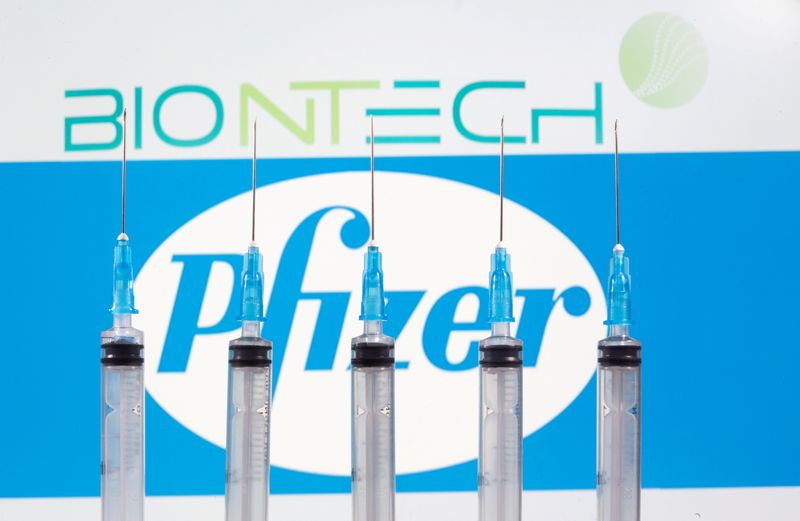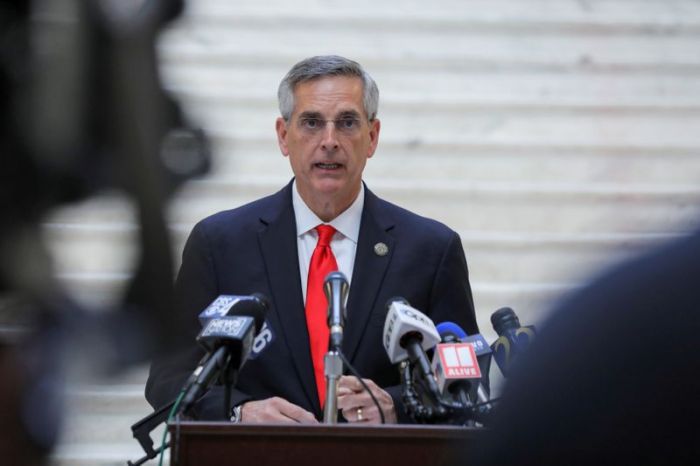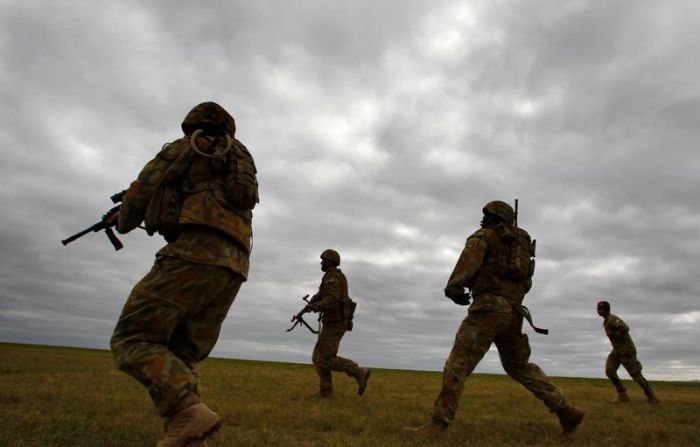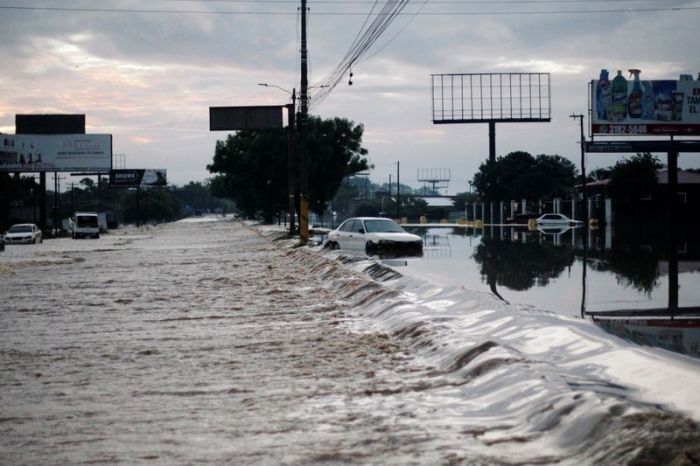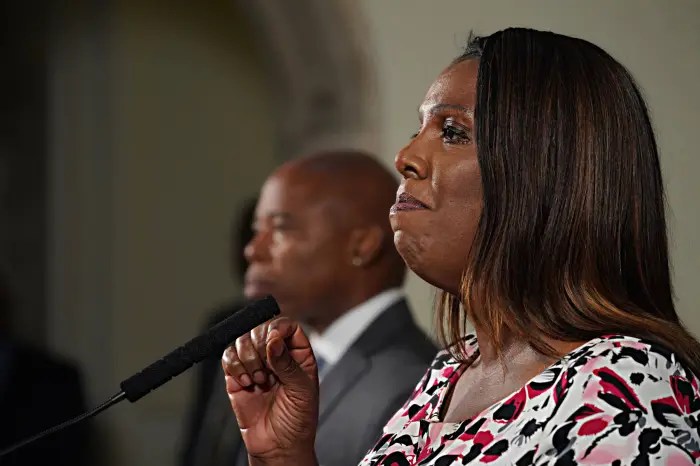LONDON (Reuters) – Britain has formally asked its medical regulator, the MHRA, to assess the Pfizer-BioNTech COVID-19 vaccine for its suitability, the first step in making the shot available outside of the United States.
Britain has ordered 40 million doses of the vaccine, which has been found to be 95% effective in preventing the spread of a virus that has killed more than 1.3 million worldwide and crippled the global economy.
Britain’s health minister, Matt Hancock, said the government had taken the step after the two companies applied for emergency use authorisation in the United States.
“That has given us the confidence … formally to start the process here,” he told a news conference.
“This is another important step forward in tackling this pandemic,” he said. “If a vaccine is approved it will, of course, be available across the UK from our NHS (National Health Service), free at the point of delivery, according to need, not ability to pay.”
See graphic, COVID-19 global tracker: https://graphics.reuters.com/world-coronavirus-tracker-and-maps/
Hancock said Pfizer-BioNTech have already starting supplying data to the medical regulator and will submit more in the coming days.
Pfizer spokesman Andy Widger said that the company is continuing to work closely with the MHRA and is in the process of providing the data to allow the regulator to make a full assessment.
The MHRA has launched an accelerated review of the shot, to speed up the process of approving a successful vaccine in the country, by allowing researchers to submit findings in real time, without waiting for studies to conclude.
The aim of the “rolling reviews” is to speed up evaluations of promising medicines during the pandemic while maintaining the same standards of safety and effectiveness.
Britain expects to have 10 million doses of the vaccine, enough to protect 5 million people, by the end of the year if regulators approve it.
Health officials stressed that the MHRA was independent and highly regarded. Jonathan Van Tam, England’s deputy chief medical officer, said the MHRA would work “at the speed of science”.
(Reporting by Kate Holton and Elizabeth Piper in London, additional reporting by Carl O’Donnell in New York; editing by Stephen Addison and Matthew Lewis and Kirsten Donovan)

